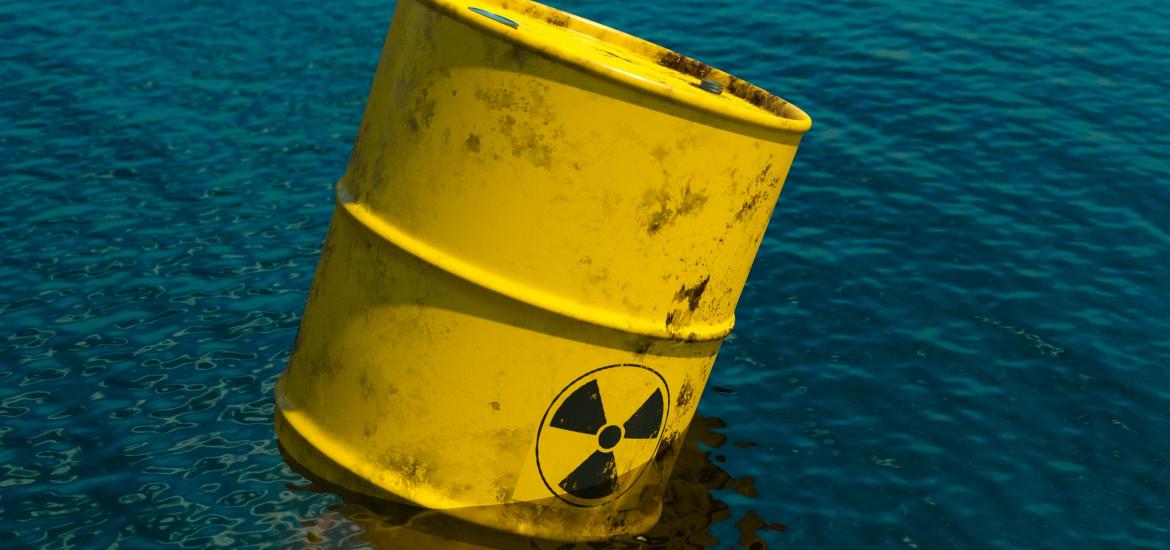
Radiopharma doubts mount up for Cellectar

Cellectar still reckons it has a Waldenström's macroglobulinaemia drug in its radiopharmaceutical candidate iopofosine I-131, but plenty of questions were raised by an update today from the pivotal, uncontrolled Clover-WaM trial in late-line disease. Perhaps the biggest, for investors at least, was why the company carried out a warrant financing yesterday, before the data were released. And Cellectar today gave overall response and major response rates, but didn’t say how many patients were evaluable, or give complete response rates, making it tricky to compare the latest data drop against a January update from the same trial. There are also doubts about the scientific merit of the company’s approach: rather than being linked to a specific targeting ligand, the iodine-131 payload is merely conjugated to a phospholipid; Cellectar says cancer cells have more “lipid rafts” than ordinary cells. A final issue is why the company scheduled a conference call to discuss the data tomorrow. Maybe some of these questions will be answered then; meanwhile, Cellectar says it hopes to file for approval in the fourth quarter of 2024, versus the second half previously. Shares opened down 23% this morning.
The evolving dataset with Cellectar’s iopofosine I-131
| Date reported | 8 Jan 2024 | 23 Jul 2024 |
|---|---|---|
| Cutoff | 3 Jan 2024 | 31 May 2024 |
| N | 45 | 55 |
| Efficacy evaluable | 41 | Not given |
| ORR | 76% | 80% |
| Major response rate* | 61% | 56% |
| Stringent complete remission rate | 8% | Not given |
Note: *major response defined as ≥50% IgM reduction. Source: company releases.
1731













